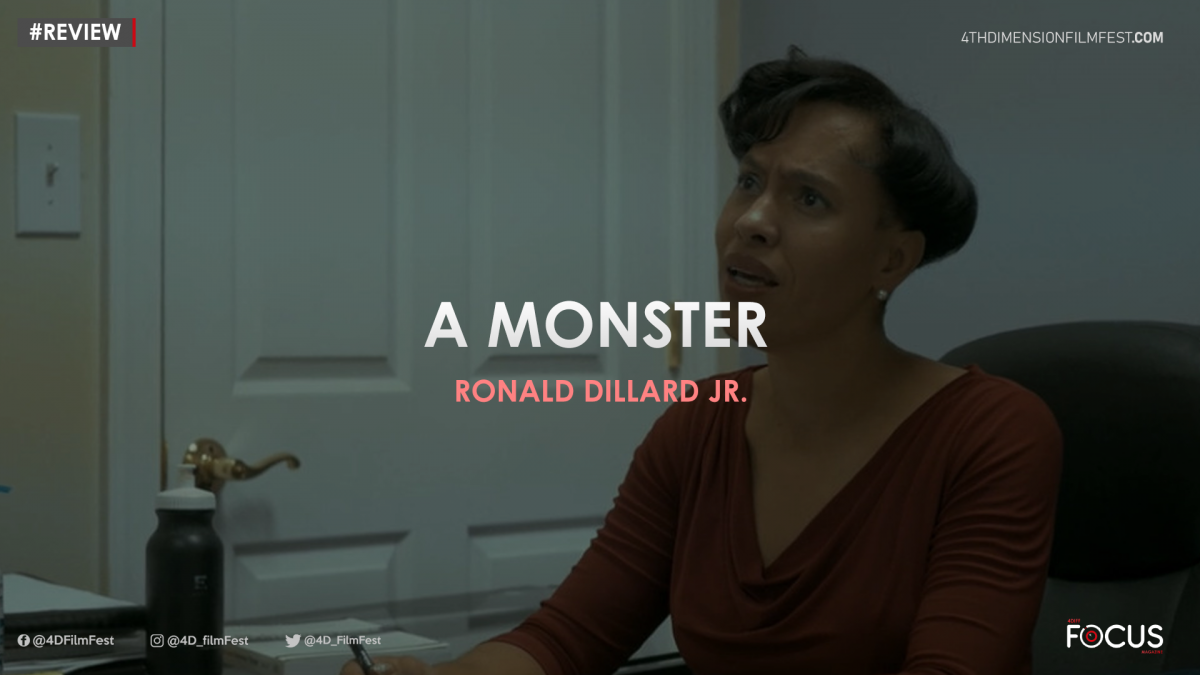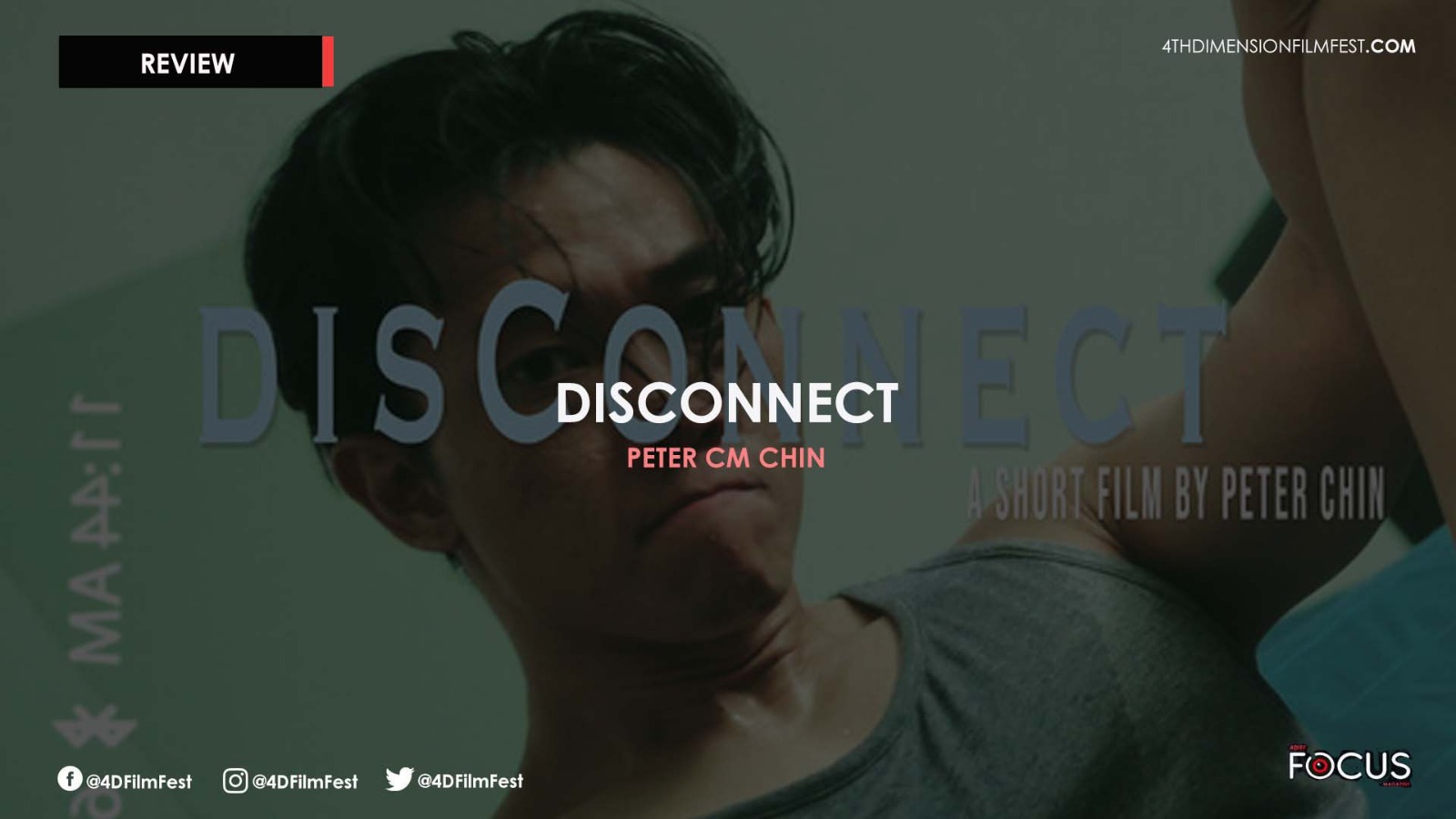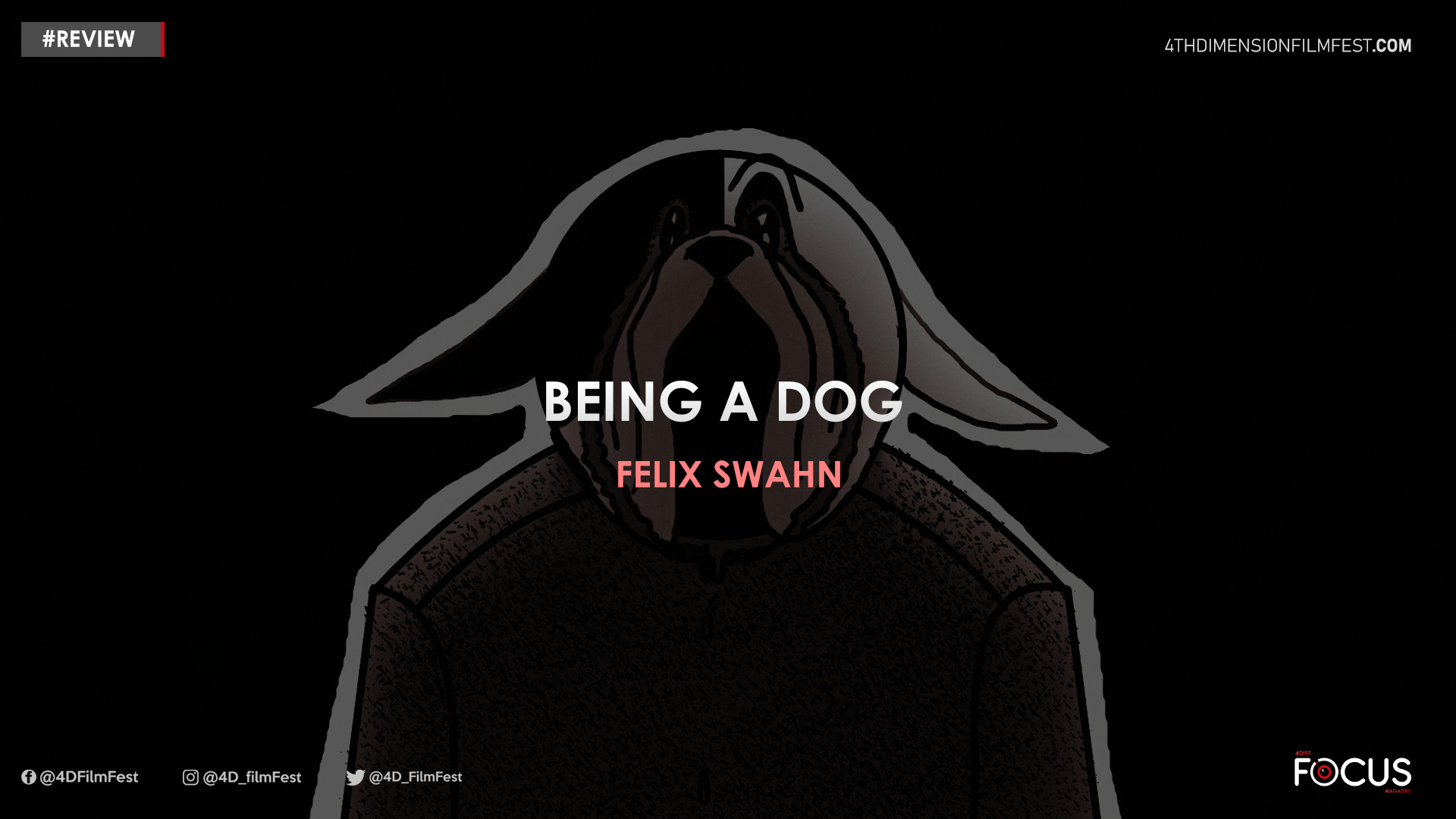Derek Landy wrote, ” The greatest enemy we can face is ourselves, and the greatest battle is against the darkness within.” The realisation is seldom difficult to recognise yet often the most elusive in a perplexing world.
The movie A Monster directed by Ronald Dillard Jr. is an impeccable depiction of a tussle going on from the beginning of time. A tussle between light and darkness. It gyrates around the life of James Morris. An evidently troubled man. He is a thirty three years old man who is silently fighting certain nefarious forces residing within him. He is fighting a demon who is hell bent on taking him down to the abyss of hell.
James Morris believes that he is suffering from pedophilia.
He has a girlfriend named Tia , with whom he has been in a relationship for almost five years. She is oblivious to the problem of James. James has reservations about revealing the demon within him for reasons that are justified. In a society that is ready to judge an individual in a matter of seconds wouldn’t think for a moment before ostracising James. The director reminds us about something fundamental. The people we ostracise, vilify and often resist as abhorrent entities have come from the place we inhabit as well. They were one of us. Sometimes we create monsters with little or no knowledge in our societies. Later when these monsters try to get away from themselves, we refuse to help them, provide them with a safe abode, a pair of ears ready to solve their problems, a mind that would not judge and eyes that won’t repel the their sight.
The title of the movie is more of a question than a statement. When these troubled individuals confront a moribund, do we treat them like human beings or do we call them names, mocking them like they are monsters!
As James is rejected by Doctor Teresa Harris, something becomes clear as crystal. James doesn’t reside in a domain of compassion and empathy. Instead, he resides in a world full of indifference and resentment. A world hypocrisy reigns supreme. However, Doctor Teresa was dealing with certain painful events from her past as well. She was sexually exploited by her uncle. Therefore she saw a part of her uncle in anyone who had even an iota of his traits. This caused her initial repulsion after listening to the confession of James.
The story is told in the most adroit fashion. We appear to be walking with James, being aware of the fact that the monster could strike us anytime. His steps are full of fear and caution.
Several themes have been explored in the movie like pedophilia, solitude, and trepidations. The church in the beginning probably suggests that all is not lost. A troubled soul can still be rescued from the pangs of the devil.
The impeccable performances of Ronald Dillard Jr. and Shalandis Wheeler-Smith deserve a mention. They were intense and relatable. We could recognize the fear of James. We felt his belligerent spirit fighting the ravenous monster within. Ronald Dillard Jr. remains true to the character of James. His troubles, his anxiety, and his shortcomings are there for everyone to recognise and contemplate.
Similarly, we could understand the reservations of Doctor Teresa Harris. Her intent to help James by looking past her not so colorful past, fills one up with glee, at the sight of humanity prevailing over darkness.
James appears to be dealing with voices within. There is a voracious animal in him that he had been concealing for a very long time. However, the animal must not be looked past. Society must also assume the responsibility of addressing the presence of the problem and trying to solve it rather than deceive themselves later on with farcical regrets.
Doctor Teresa Harris attains a certain sort of enlightenment through the advices of Doctor Dana Young. She makes her aware of the magnitude of her profession. She reminds her of her desire to help troubled individuals. She tells her that her profession demanded her to look past events of individual agony. Her profession demands helping individuals see the light again, saving them from the monsters within, saving them from themselves.
The conversation towards the end, between James and Teresa, perhaps suggests the process of overcoming hardships and trauma in the form of an intimate conversation, the idea of letting the burden off one’s chest for all time’s sake.





